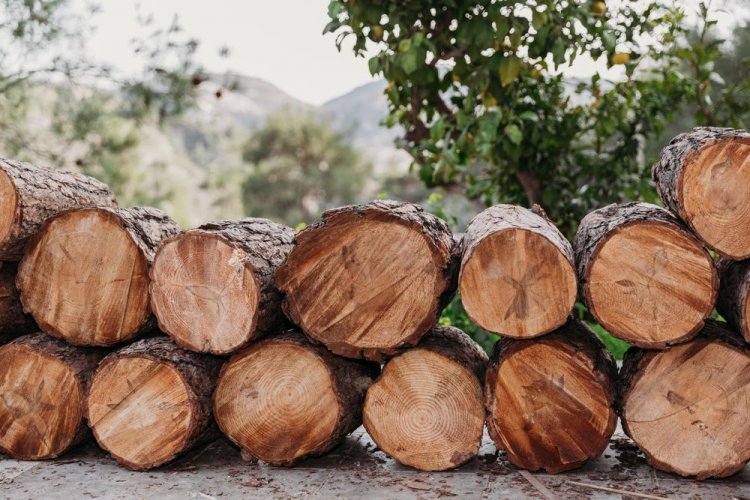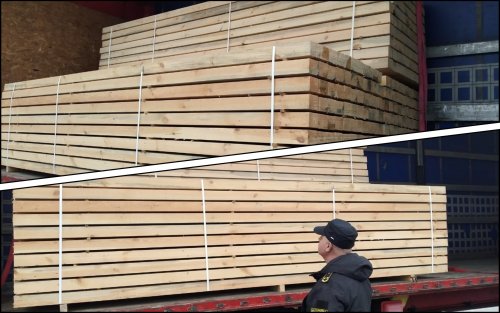In the EU, negotiations on the revision of the Directive on renewable energy have reached a "dead end", because the member states did not support the European Parliament's proposal to exclude primary wood biomass from the EU's renewable energy targets.
States support a "freer" definition that would allow decisions to be made based on local circumstances, EURACTIV reports.
The article emphasized that the exclusion of primary wood is intended to restore European carbon sinks to combat climate change. However, EU countries proposed to limit the definition of primary wood biomass to "quality round forest" in accordance with the "cascade principle". The principle gives priority to wood products with the highest economic value.
"Member states have made it clear that the new definition of "primary wood biomass" according to the EP proposal is unacceptable," says the document of Sweden, which chairs the EU Council.
It is noted that tripartite negotiations between the European Commission, the Council and the European Parliament resumed on February 14. The Commission was looking for a "golden mean" between the European Parliament's definition of "primary woody biomass" and the Council's definition of "quality round forest".
The compromise proposal excludes "industrial roundwood" and "coarse wood waste" from the EU's green energy targets. This will avoid the use of industrial grade roundwood and leave the wood in the forest to support biodiversity.
The article emphasized that the EU Council refused to work with these definitions.
"The only progress that has been made has focused on the 'cascade principle', whereby biomass priority is given to wood products with the highest economic value before they are processed, burned for energy or disposed of," the authors said.
Sweden proposed to define possible deviations from the cascading principle in a separate legislative act that will be submitted by the European Commission after the adoption of the directive on renewable energy sources.
It is noted that the EU negotiators agreed to immediately define these derogations in the Directive.
The authors highlighted that in June 2022, EU member states adopted a "common approach" to the revised EU Renewable Energy Directive. The main takeaway for biomass was to "add flexibility" to the cascading principle, while ensuring that subsidies go to feedstocks for which there is little market competition from material sectors.
"The idea was to prioritize biomass in uses that are considered positive for both climate and biodiversity to avoid negative incentives for unsustainable bioenergy pathways," they said.
The material added that, as part of the proposal, EU countries should not support the production of energy from plywood logs, stumps and roots and avoid promoting the use of quality roundwood for energy, except in clearly defined circumstances.
As EcoPolitic reported before, MEPs voted for setting a limit on the amount of primary wood biomass, which can be considered a source of renewable energy and its exclusion from subsidies.





